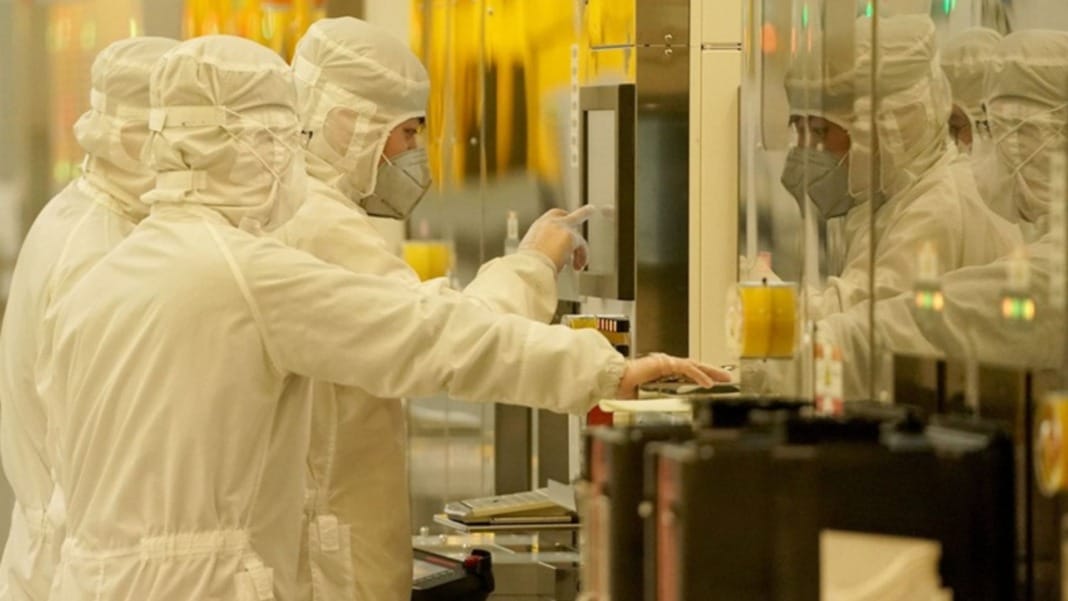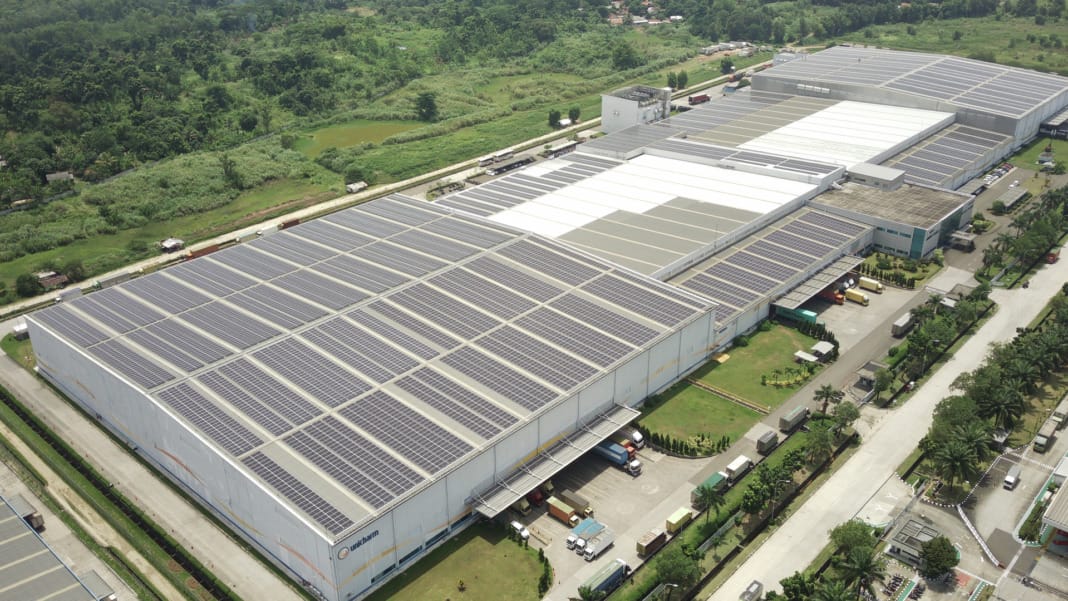Huawei Technologies has joined forces with Wuhan Xinxin Semiconductor Manufacturing Co. to develop high-bandwidth memory (HBM) chips. These chips are crucial for the computing infrastructure used in artificial intelligence (AI) projects. This collaboration also includes mainland integrated circuit (IC) packaging firms Jiangsu Changjiang Electronics Tech and Tongfu Microelectronics, who will provide the advanced packaging technology known as Chip on Wafer on Substrate. This technology allows different types of semiconductors, such as graphics processing units (GPUs) and HBM chips, to be stacked on a single package.
Huawei’s response to US sanctions
Huawei is making strides in the HBM chip market as part of its ongoing efforts to counteract Washington’s tech sanctions. Last August, the Shenzhen-based company made headlines with its return to the 5G smartphone market, launching a handset powered by a 7-nanometer processor. This move was celebrated in China but received intense scrutiny from Washington due to the existing tech access restrictions.
China is still in the early stages of HBM chip development. However, analysts and industry insiders are closely monitoring its progress, especially in light of US restrictions on semiconductors and AI technology. In May, Reuters reported that ChangXin Memory Technologies, China’s leading dynamic random access memory maker, had developed sample HBM chips in partnership with Tongfu Microelectronics. Furthermore, an April report from online tech publication The Information indicated that a group of Chinese firms, led by Huawei, aims to increase domestic production of HBM chips by 2026.
Building capacity and market competition
In March, Wuhan Xinxin issued a tender to build an advanced facility for HBM chip production, targeting an output of 3,000 12-inch wafers per month. Two months later, Wuhan Xinxin filed for an initial public offering with the China Securities Regulatory Commission in Hubei province. This company, a subsidiary of Yangtze Memory Technologies Corp. (China’s top flash memory chip maker), increased its capitalization by 46 percent to 8.5 billion yuan (US$1.2 billion) with new investments from the state-backed China Internet Investment Fund.
Huawei has also boosted interest in its Ascend 910B as an alternative to Nvidia’s A100 GPU for AI development projects in China. However, Huawei’s HBM chip initiative faces significant competition, as South Korea’s SK Hynix and Samsung Electronics currently dominate the global market. These two companies will control about 50 percent of the market share each in 2024, according to data from Taiwan IC research firm TrendForce. The US memory chip maker Micron Technology holds a market share of 3 to 5 percent.
Industry outlook
Major semiconductor design firms like Nvidia and Advanced Micro Devices, along with chip maker Intel, have adopted HBM for their products, driving global demand for these high-performance memory chips this year, according to TrendForce. Despite the growing demand for HBM chips, China’s semiconductor supply chain is not yet prepared to take full advantage of this market. Simon Woo, managing director and coordinator of Asia-Pacific Technology Research at Bank of America Securities, noted in a recent interview with the Post that China’s semiconductor supply chain still lacks the capacity for high-end memory fabrication, focusing mainly on mid- to low-end solutions.





